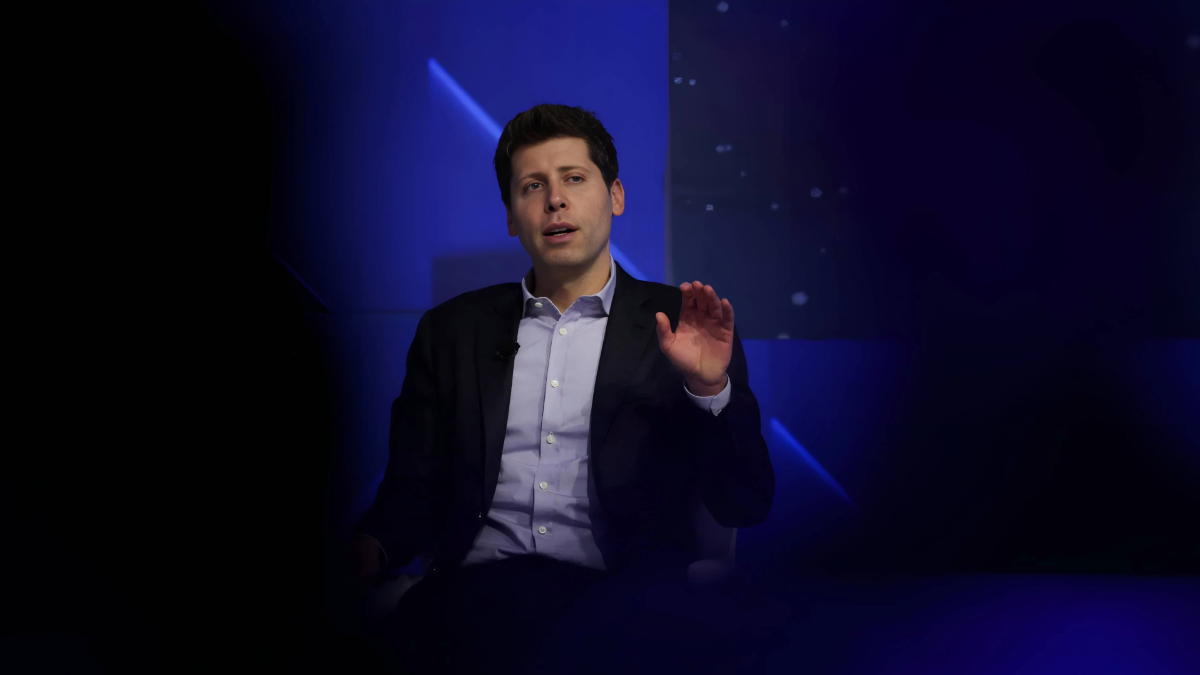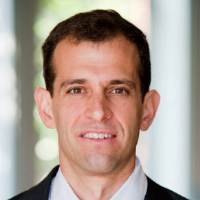To Convert to For-Profit Status, OpenAI Should Pay $30+ Billion, Share Technology
Robert Weissman / Oct 1, 2024Robert Weissman is co-president of Public Citizen.

Sam Altman, CEO of OpenAI. Shutterstock
When Sam Altman, the CEO of OpenAI testified before the US Senate Judiciary Subcommittee on Privacy, Technology and the Law in May 2023, here’s how he described the company’s governance:
OpenAI is an unusual company, and we set it up that way because AI is an unusual technology. We are governed by a nonprofit, and our activities are driven by our mission and our charter, which commit us to working to ensure that the broad distribution of the benefits of AI and to maximizing the safety of AI systems.
But last week, Reuters reported that OpenAI has made the decision to convert to for-profit status, with some suggesting an announcement of such plans could be imminent.
As it considers converting from non-profit to for-profit status, OpenAI should be required to pay at least $30 billion and share any artificial general intelligence technologies it develops, I said in a letter to California Attorney General Rob Bonta today. (This is the fourth in a series of letters to the Attorney General from Public Citizen sent over the past several months.)
Here’s why. Although the OpenAI nonprofit’s actual ownership stake in its for-profit affiliate is unknown, by the terms of its corporate arrangement, the nonprofit has a controlling interest over the for-profit. According to OpenAI: “the for-profit subsidiary is fully controlled by the OpenAI Nonprofit. We enacted this by having the Nonprofit wholly own and control a manager entity (OpenAI GP LLC) that has the power to control and govern the for-profit subsidiary.”
Under California law, in the case of a non-profit conversion, the assets of the non-profit charitable enterprise must be disgorged and devoted to a charitable purpose. As I argue in the letter to the Attorney General, in normal market transactions, the control premium is valued at between 20 and 30 percent of the value of the overall enterprise, or sometimes higher. Given the OpenAI nonprofit’s controlling interest in a company potentially valued at $150 billion, the conversion should require a minimum payment of $30 billion, or potentially much higher.
California law is clear that when a nonprofit converts to for-profit status, it must pay into the charitable sector the value of the nonprofit. Those billions should be used to endow a nonprofit foundation (or foundations) devoted to advancing AI safety and access. A historic precedent for this is when the nonprofit BlueCross health insurers converted into for-profit enterprises. California Blue Cross converted into what's now Anthem. It tried to put a small amount of money into a nonprofit purpose. The California Attorney General intervened and Anthem ultimately paid out about $3 billion into charitable health foundations in California. That's a good model for what should happen here.
But money is not enough. A for-profit OpenAI should not be able to gain monopolistic control over technology that OpenAI itself says could transform the course of humanity. Attorney General Bonta should insist that an OpenAI conversion to for-profit status reserve for the public the right to any OpenAI invention of ‘artificial general intelligence’ — which OpenAI defines as ‘highly autonomous systems that outperform humans at most economically valuable work.’ Devotion of AGI to humanity’s interest was built into the original plan for OpenAI, and a for-profit OpenAI should not now be able to privatize such new technologies, if they in fact are developed.
Ultimately, the issue at play is really who's going to control AI technology, and how are decisions going to be made? What we fear is, if these decisions rest primarily with gigantic for-profit corporations exerting monopolistic control over breakthrough technologies, we're in trouble. If there's some public control over how the technology evolves, how it can be deployed, and sufficient protections and guardrails, maybe it can deliver on some of what its advocates promised that it will.
That was the original intent behind the formation of OpenAI as a nonprofit entity. The California Attorney General can preserve that intent–for the good of Californians, and the rest of us alike.
Authors
